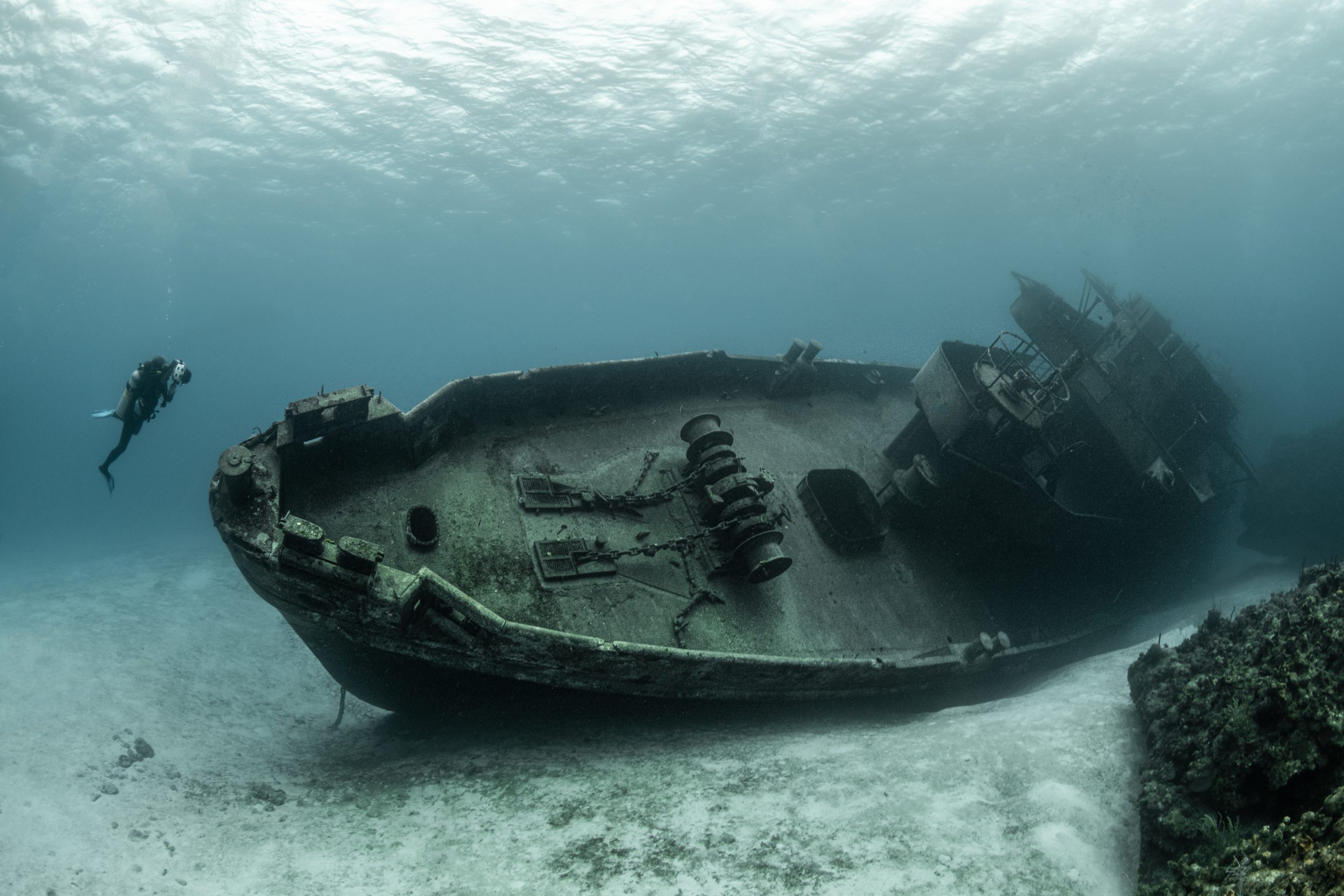Wonders with Water
Today, the world is at a cusp – of growing needs and limited resources to produce food , water and shelter. This calls for tapping other resources hitherto untapped- like the oceans. Advances in technology, combined with demand, will improve our ability to derive food, drinking water, energy sources, waste disposal and transportation from the ocean. It will be up to this and future generations to build upon our existing knowledge of the ocean and Oceanography is the field to help meet the needs of the world and its inhabitants. Also, if you have a fascination for the ocean, and you are interested in science, Oceanography will be your perfect match. It is of great significance to developing countries like India. A career in this area provides opportunity to those with intrinsic curiosity and a desire to venture into the vast realm of the unknown, which exists within our oceans.
What is Oceanography?
“Oceanography, also known as oceanology is the field of earth science that includes the study of ocean currents, waves, geology of the sea floor, physical properties within the ocean and across its boundaries. It is the study of all things that are related to the ocean.” In simple words, Oceanography is the “study of oceans”. Oceanographers are the scientists who study the ocean. They are involved in mineral exploitation, shipping, fisheries, coastal construction, weather prediction and climate change. There are many branches of oceanography, like:
- Marine biologists are oceanographers who study marine ecosystems and their inhabitants. This can involve working with research animals or taking trips into the ocean to perform rent experiments, collect data, or track the animals.
- Physical oceanographers are more concerned with studying the movements of the oceans, in the waves and currents and tides that move the water itself.
- Chemical oceanographers monitor the chemical composition of the ocean water to better understand how they shape the planet. They may study pollution or help find naturally-occurring resources on the seafloor.
- Geological oceanographers focus on studying the ocean’s floor. They may study undersea volcanic activity and its relation to the movement of tectonic plates or the deep oceanic trenches that plunge thousands of feet.
Skills Required
There are very specific and important skills required for an oceanographer. You should be excellent in scientific and mathematical skills. Also, you should have the knowledge of different oceans of different areas, good practical and problem solving skills are also important. Research skills are essential within you, that you can research the whole properties of a particular ocean. Observation and communication skills are must and the complete knowledge of computer applications like digital mapping, remote sensing and computer modeling. You should also have a good knowledge in the subject of marine environment.
Job Responsibilities:
The job of an oceanographer is very interesting and there are various job responsibilities required which are as follows:
- To investigate, organize, plan about oceanic activities
- To collect data for future records.
- Test theory and further develop it.
- Prepare papers and reports on the basis of findings.
- Make policies on coastal and marine resources and environments.
Getting in
In India, most of the institutes/universities offer postgraduate courses in Oceanography or Marine Biology but very few institutes offer graduate courses. The minimum educational qualification for graduation is 10+2 in science stream (Physics, chemistry, mathematics), for post graduation level a bachelor’s degree in science i.e. B.Sc. Oceanography / Zoology / Botany / Chemistry / Fishery Science / Earth Science / Physics / Agriculture / Microbiology / Applied Sciences or in any other equivalent disciplines.
M.Phil and PhD are also offered by few universities. For pursuing PhD you will have to qualify either NET or GATE.
Course Cursor
Graduation Courses:
- B.Sc. in Oceanography
- B.Sc. in Marine Science
Post graduation Courses:
- Master of science in Oceanography
- Master of Science in Marine Biology
- M.Tech in Ocean Engineering
- M.Tech in Ocean Technology
Doctoral Courses:
- M.Phil in Marine Biology
- M.Phil in Chemical Oceanography
- PhD in Oceanography
Institute Scape
- Mumbai Institute of Technology, Mumbai, offering B.Sc in Oceanography
- Goa University, Panaji, Goa, offering B.Sc. Mariner Science, M.Sc. Oceanography, M.Sc. Marine Biology and Ph.D in Oceanography
- Alagappa University, Tamil Nadu, offering M.Sc. Oceanography and Coastal Area Studies
- Andhra University, Visakhapatnam, offering M.Sc. Oceanography-Physical and Chemical
- Indian Institute of Madras, Tamil Nadu, offering M.Tech in Ocean Engineering
- Berhampur University, Orissa, offering M.Sc. Marine Science, M.Sc. Oceanography and Ph.D Marine Science.
Career Scape
Career opportunities are extensive for the professionals working in this field. Jobs for oceanographers are available in both the public and private sector. Depending upon the ability and knowledge, professionals of this field can join as scientist, engineer and technician. Some of the career opportunities are:.
Marine Biologists
Marine Biologists may examine the cycling of nutrients through the marine food chain, from algae to tuna. They may investigate the physiological adaptations of marine organisms. They may determine how sharks behave, how fishes communicate, and how marine ecosystems are changing due to human influence.
Chemical Oceanography
It deals with the composition and quality of water. Chemical oceanographers are interested in the distribution of chemical compounds and the many chemical interactions that occur in the ocean and the seafloor. The aim is to research and develop such technology that will be able to recover valuable elements from the sea. This area is also involved in developing methods of solving pollution problems in estuaries near-the-shore waters due to increasing population and industrial waste. Their work is of special relevance today in view of the growing level of pollution.
Marine Geologists
Marine Geologists explore the ocean floor — its mountains, canyons, and valleys. Study of seafloor sediment cores can reveal the history of oceanic circulation and climates over the past 150 million years. The study of the rocky crust beneath the sediments sheds light on the origin of volcanoes, as well as the processes of seafloor spreading and continental drift.
Geophysicists
Geophysicists ask such questions as why the earth’s magnetic field has reversed itself at least three times in the last million years. These scientists are beginning to understand what causes earthquakes and can now measure them with great accuracy. They also search places where heat escapes from the crust of the earth for clues to fundamental processes deep in the planet’s interior.
Marine Chemists
As marine chemists, you would study how the oceans were formed eons ago, and what determines their composition today. You would also identify ocean resources that may be beneficial, such as natural products with medicinal properties, and investigate means to protect the oceans from the effects of pollution.
Physical Oceanographers
You would study the circulation of seawater and the exchange of energy and matter across the surface of the ocean and examine the transport of sand on and off beaches and the processes of coastal erosion. Physical oceanographers also measure deep currents such as those flowing from Antarctic waters into the Pacific Ocean.
Atmospheric Scientists and Climate Researchers
This is the best option for those with a doctorate degree. You would investigate how the relationship among the ocean, atmosphere, and land affects the world’s climate systems. You would forecast climate trends through the use of increasingly sophisticated computer models. You would also study the buildup of pollutants and greenhouse gases in the atmosphere and how they affect clouds, precipitation, and the potential for climate change.
Biological Oceanographers
You would be concerned with the complex interactions of groups of marine organisms with one another and their environment and understand how factors such as warm and cold currents affect the availability of food fishes.
Policy experts
This is an integrated field where you would combine your knowledge of oceanography and social sciences such as law, economics, political science or business to develop guidelines and policies for the wise use of the ocean and coastal resources. Marine policy studies require a background in at least one of the social sciences.
Marine Physicists
This is a field that develops the means to interact with the oceans. You would design and build many specialized research tools, including remotely operated vehicles, sophisticated seafloor instruments, and innovative remote-sensing systems such as acoustic-imaging devices for exploring the oceans. They also develop mechanisms for controlling sand on beaches.
Summing up:
If you wish to make a difference in the world and choose a career that provides you unique experiences, step into the field of Oceanography and do wonders with water.



